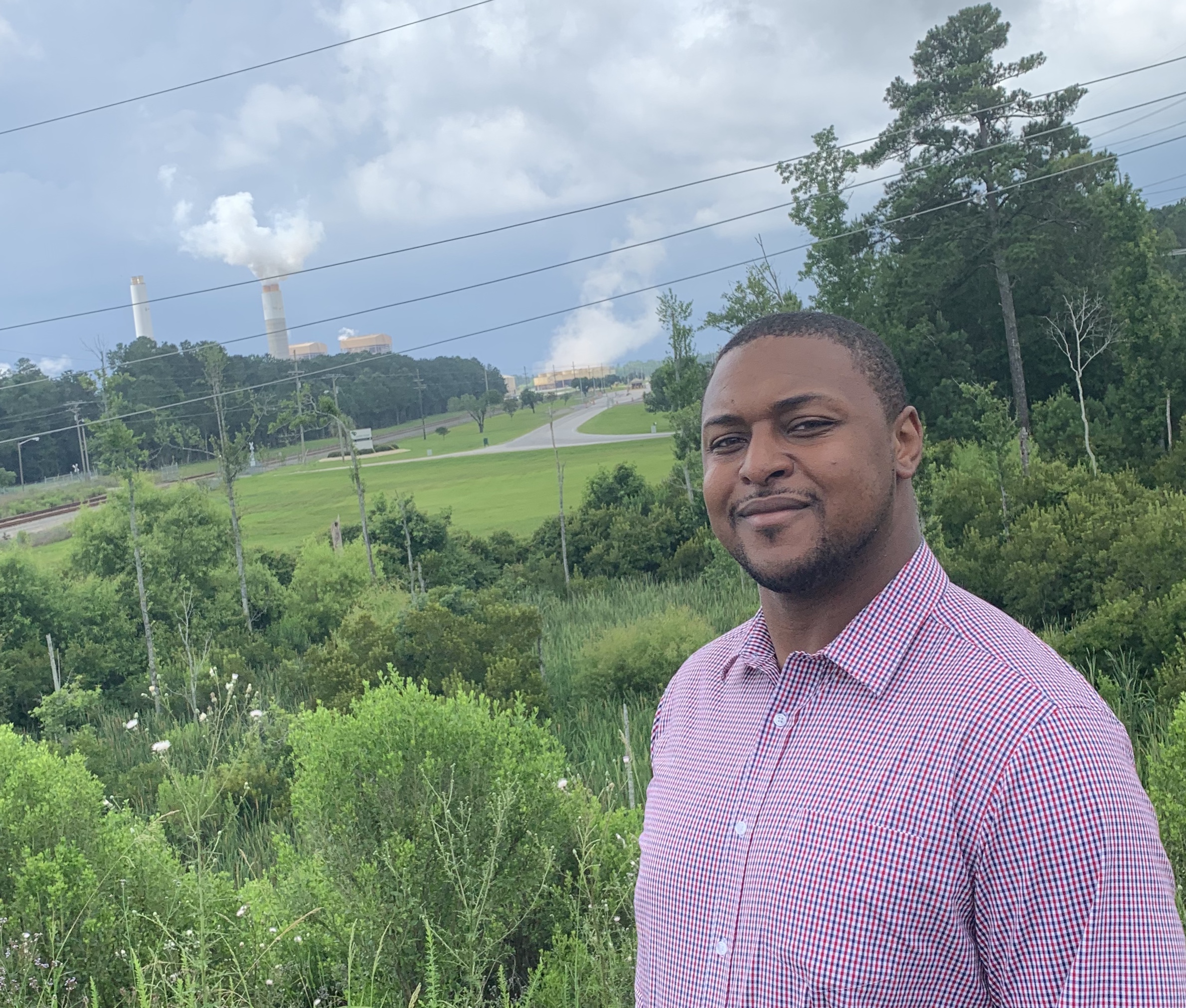The murder of George Floyd, a 46-year-old North Carolina native and father of five, sparked a social justice movement that has brought global attention to institutional racism, particularly in policing. But as a Black man, I already knew from experience that the lives of Black people, low-income people, Indigenous people, and people of color are harshly disregarded and undervalued in our society.
In February, my cousin Corey McFadden, an African American man from Manning, South Carolina, was shot to death in his yard. It was his 27th birthday. Corey’s case, like far too many involving Black homicide victims, is still unsolved. In fact, cases like his are significantly less likely to be solved than those of white victims.
A 2018 Washington Post investigation mapped more than 52,000 homicides in major American cities over the past decade and found that police blame the failure to solve homicides in Black communities and communities of color on insufficient resources and poor relationships with residents. But families of those killed, and even some officers, say the fault rests with apathetic police departments.
Meanwhile, studies show that investments in mental health, living wage jobs, public health, youth development, and environmental remediation have proven far more effective in making communities safer than putting more money into policing and incarceration.
In far too many ways, Black people, Indigenous people, and people of color are treated as expendable by institutions and corporations, even in our own homes. For example, fossil-fueled power plants and refineries are disproportionately located in communities of color, where people already live with higher rates of asthma and other chronic health conditions. And now, these communities are at higher risk of dying from COVID-19, which attacks the lungs and causes acute respiratory failure.
Pollution and racism go hand in hand. Here in South Carolina, at Santee Cooper’s coal-fired power plants, former employees said they faced racism, favoritism, and unsafe working conditions. These are the kinds of workers we call “essential,” yet we treat them as expendable.
In interviews from 2012, nearly 20 former and current employees of Santee Cooper's Cross Generating Station in Berkeley County described how coal ash from the plant poured out of broken ducts and vents instead of going up the smokestacks and how dust covered them and made them worry about their lungs. They also spoke of seeing nooses and a racially charged photograph a supervisor passed around to his white colleagues, and of racist slurs being used by white coworkers.
Only when the lives of Black people, Indigenous people, and people of color are valued as full human lives deserving of respect and protection, will we create a world where everyone can thrive.
We can’t solve social, environmental, and climate justice issues without confronting and dismantling racism every step of the way, in every institution.
SOURCES:
-
https://www.theitem.com/stories/man-27-found-shot-to-death-near-his-manning-home,341565
-
https://www.washingtonpost.com/graphics/2018/investigations/where-murders-go-unsolved/
-
https://scholarship.law.columbia.edu/cgi/viewcontent.cgi?article=3513&context=faculty_scholarship
-
https://populardemocracy.org/news-and-publications/how-much-do-us-cities-spend-every-year-policing
-
https://www.theguardian.com/world/2020/may/25/covid-19-lockdowns-african-americans-essential-workers
-
https://www.nytimes.com/2020/04/07/climate/air-pollution-coronavirus-covid.html
